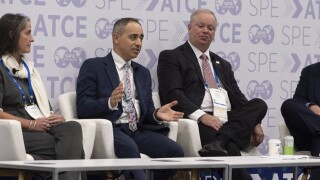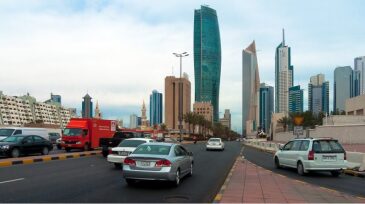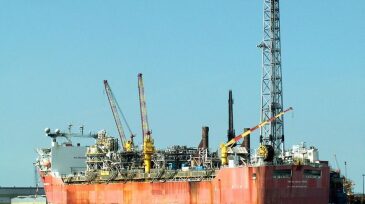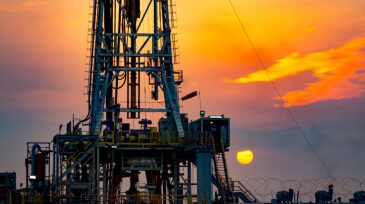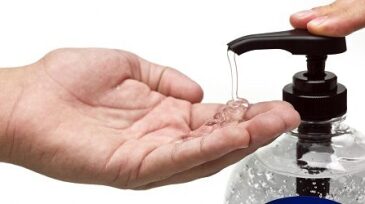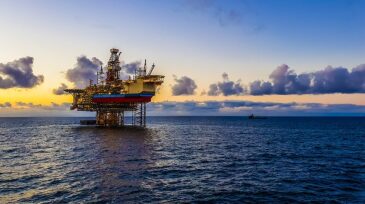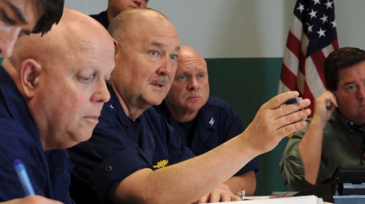Safety
This study ascertains the capital expenditure and operating expenditure associated with the reuse of existing facilities, specifically regarding a carbon capture and storage project being prepared in South Korea.
Sponsored
Advance your career with the new Pipeline Engineering Program at the Technical University of Leoben, a 5-month course combining on-campus and online learning, integrating industry expertise, engineering practice, and future-ready skills for professionals in oil, gas, and emerging energy systems.
A resilience-based approach to safety was the focus of a panel of experts at the 2025 SPE Annual Technical Conference and Exhibition in Houston.
-
This paper presents a tool used to control and monitor a fleet of more than 100 vehicles through road-risk analysis and geofencing on the vehicle tracking system.
-
The fire at the Terra Nova FPSO comes 6 months after C-NLOPB found Suncor noncompliant with regulatory requirements and suspended operations.
-
To address key root causes, proactive initiatives such as audits, inspections, visibility tours, hazard reporting, and contractor management engagement workshops were initiated to focus on enhancing work planning, effective supervision, and risk assessment.
-
The human-factors approach in oil and gas remains an emerging science compared with other industries; most human-factors publications in the oil and gas industry focus their application on the design stage. Human-factors methods, however, can be applied at any stage.
-
The report from the International Association of Oil and Gas Producers is in relation to a person who used alcohol-based hand gel sanitizer and, after application but before the liquid had fully evaporated, touched a metal surface, where a build-up of static ignited the alcohol.
-
AltaML has announced a partnership with engineering and design firm Kleinfelder in which the two companies will pair 3D reality scans of facilities with artificial intelligence to look for potential problems and risks.
-
28 April is Workers’ Memorial Day, an international day of remembrance for the colleagues, family, and friends who have lost their lives while performing their jobs. It is also a day to take stock of where we stand on health and safety in the workplace.
-
This paper describes the trends and learnings from data received by the International Association of Oil and Gas Producers and provides an update on the upstream industry safety performance from the last 7 years of data collected.
-
Oil and Gas UK confirmed it is supporting the roll-out of a special protective face covering designed for workers traveling by helicopter to offshore installations in the UK continental shelf.
-
The video features some of the leaders who helped the nation respond to the event.



